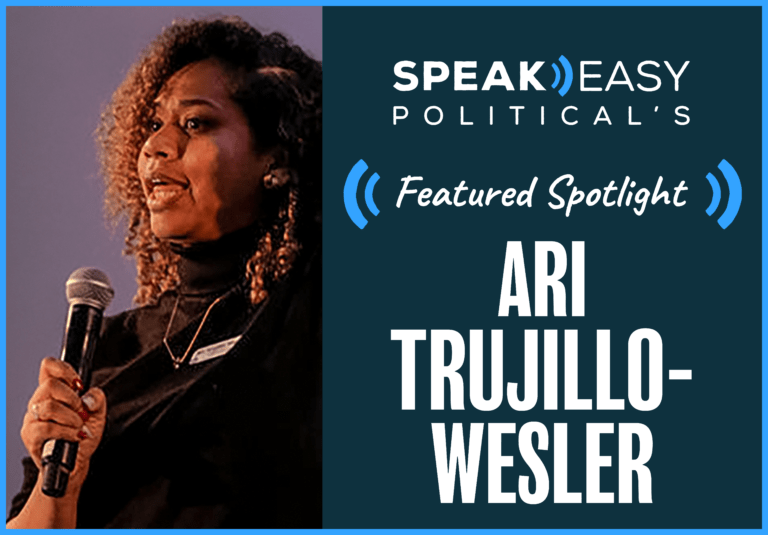What are you most excited about this election cycle?
The number of organizations who are embracing digital and distributed organizing in the wake of the pandemic. There are so many new techniques and practices emerging in the space and the price point for accessing this tech is dropping fast, rapidly expanding access. It’s exciting, because the desire for in-person hasn’t dissipated in the wake of this, but has actually deepened and grown. My hope is that the strengths of these techniques converge into an even tighter integration of all styles of organizing in the future.
Can you tell us a little bit about how OpenField supports down-ballot or first-time candidates running for office?
After name recognition, issues motivate voters to support a candidate. Most of the tech in politics is really built for surveying folks rather than digging into discovery conversations with constituents and listening to what matters to them. We’ve found that folks have to earn the right to organize people and that for first-time or lesser known candidates, that means learning what matters, following up, and connecting it back to the reasons they’re running. We built OpenField to facilitate just that process, in person (on the street or on the doors) and over the phone, so that we can lead with issues rather than talking points.
In addition to recognition, the biggest factor for small races is cost. OpenField is priced to scale with folks as their campaign grows, allowing folks to start organizing with or without a voter file or VAN access. This lets candidates begin their organizing conversations early, at a price point they can maintain after and between elections. All of this lets candidates with small budgets focus on going deep, following up, and building their relationships without breaking the bank.
What’s your favorite book/article/podcast/documentary you’ve seen recently about political trends or innovations in politics?
And She Could Be Next. It tells the story of Georgia organizing in the lead up to the mass disenfranchisement of the 2018 General. It doesn’t speak to a “trend” or “innovation” because I believe good organizing is as old as relationships, but it speaks to the art of our craft at its finest – we serve communities, people, and advocate for our collective voices to those in power.
How has OpenField changed course during COVID-19 to adapt to new political challenges?
In the middle of a mass pandemic, canvassing isn’t safe, but conversations remain critical. We originally built and launched OpenField as a deep canvassing app focused on in-person interactions – allowing folks to organize on the street, blind knock a neighborhood or work off a list of targets. We know from research at the Analyst Institute that “deep” or authentic conversations, traditionally done in person, are also highly effective over the phone. So, we expanded our interface to allow for distributed phone banking, seamless voter registration, and vote by mail tools. Most digital voter registration or vote by mail tools assume people can self-motivate to complete their registration, however, the majority of people we register on the street or in a community need help completing the process. Our phone banking tool is the only one we know of which easily and seamlessly allows folks to send a pre-filled, pre-stamped tracked registration form to someone’s house, alongside a persuasion or organizing conversation.
What’s your favorite small business in your city?
Gregory’s Gourmet Desserts. Best key lime pie in Oakland.
What is keeping you grounded this election cycle? Any good self-care tips?
Tea. Naps. And the phrase, “One day at a time.” When thinking about the days ahead, or even the next week, it can be easy to be overwhelmed by the sheer amount of work to be done but by cutting a day into an hour at a time, or a series of moments, things become much more manageable.





